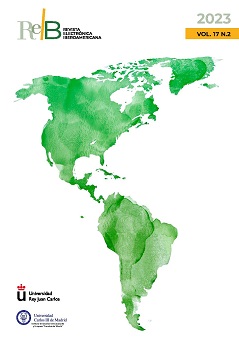The Baraona Case and the recent developments at the Inter-American Court about freedom of expression and the honor of civil servants
Abstract
The recent judgment by the Inter-American Court of Human Rights in the Baraona v. Chile case represents a relevant advancement in the protection of freedom of expression at the Inter-American System. Of special importance is the exclusion of Criminal Law that the Court establishes for cases involving the honor of civil servants and the fact that, from Baraona, in such situations is no longer a requirement to previously determine if there is a public interest at stake. This article reviews the decision in Baraona and shows what role plays in the evolution of the jurisprudence of the Inter-American System.
Downloads

This work is licensed under a Creative Commons Attribution-NonCommercial-NoDerivatives 4.0 International License.
The Journal has an online open access policy once published. It does not imply any cost for the authors or users. Authors retain full copyright and publication rights without restriction. In any case, copyright will be respected in accordance with current legislation.
La Reviste includes the Creative Commons 4.0 license: Attribution-Non-Commercial-No Derivative Works (CC BY-NC-ND 4.0) in its works.




